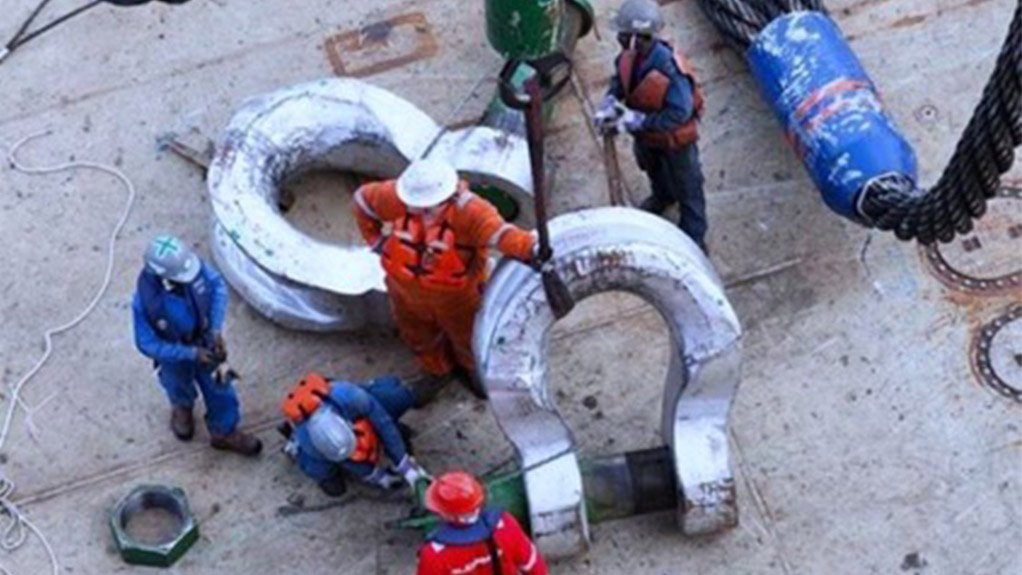The lack of adequately trained professionals presents a significant safety concern for the South African heavy lifting industry, says Lifting Equipment Engineering Association of South Africa (Leeasa) chairperson Arnold Sommer.
“Using lifting equipment entails serious inherent dangers and potential risks that are increased if lifts are not planned, supervised and executed by skilled, competent or qualified people who have the required experience.”
Sommer states that international technological advances in lifting equipment and stricter industry standards have made worthwhile strides in making the industry and its equipment safer for end-users. He adds that new safety technology, monitoring devices and advances in computerised equipment show great potential in increasing industrial safety by keeping operators at arm’s length.
“The correct equipment is available in the lifting equipment industry, but it is not the equipment that tends to fail us. The problem is a lack of sufficiently skilled and industry-competent professionals.”
Sommer outlines that Leeasa has noted a significant skills gap in qualified riggers and operators who have adequate experience to plan and carry out heavy lifts. He cautions that, owing to a significant knowledge gap, lifting is being done in the industry without the necessary lift planning and supervision, which is putting everyone on site at immense risk.
“The skills gap became evident when apprenticeship programmes became more difficult to access,” he adds.
Employer difficulty in gaining access to apprentices and the incentives associated with training apprentices resulted in industry turning away from the apprenticeship model, which led to the current skills gap, he explains.
Leeasa – as an association specialising in the lifting equipment industry and comprising more than 400 members and member companies – is concerned about the lack of training available, as the heavy lifting industry runs the risk of falling into “disrepute” if it is not well run or regulated.
To aid in this, Leeasa informs its members of what the risks are when they are not complying with the Occupational Health and Safety Act and the Skills Development Act. The association informs members of these topics through its in-house publication Lifting Africa.
Moreover, the association hopes to encourage industry growth this year by improving its relationship with the South African Bureau of Standards regarding technical industry standards, the Department of Labour regarding legislation and the Engineering Council of South Africa regarding registration processes.
While Leeasa hopes to improve the industry for its members by providing them with a united voice, it also demands that members should be well trained in the correct competencies and must at all times be ethical and responsible for their actions.
Edited by: Zandile Mavuso
Creamer Media Senior Deputy Editor: Features
EMAIL THIS ARTICLE SAVE THIS ARTICLE
ARTICLE ENQUIRY
To subscribe email subscriptions@creamermedia.co.za or click here
To advertise email advertising@creamermedia.co.za or click here













